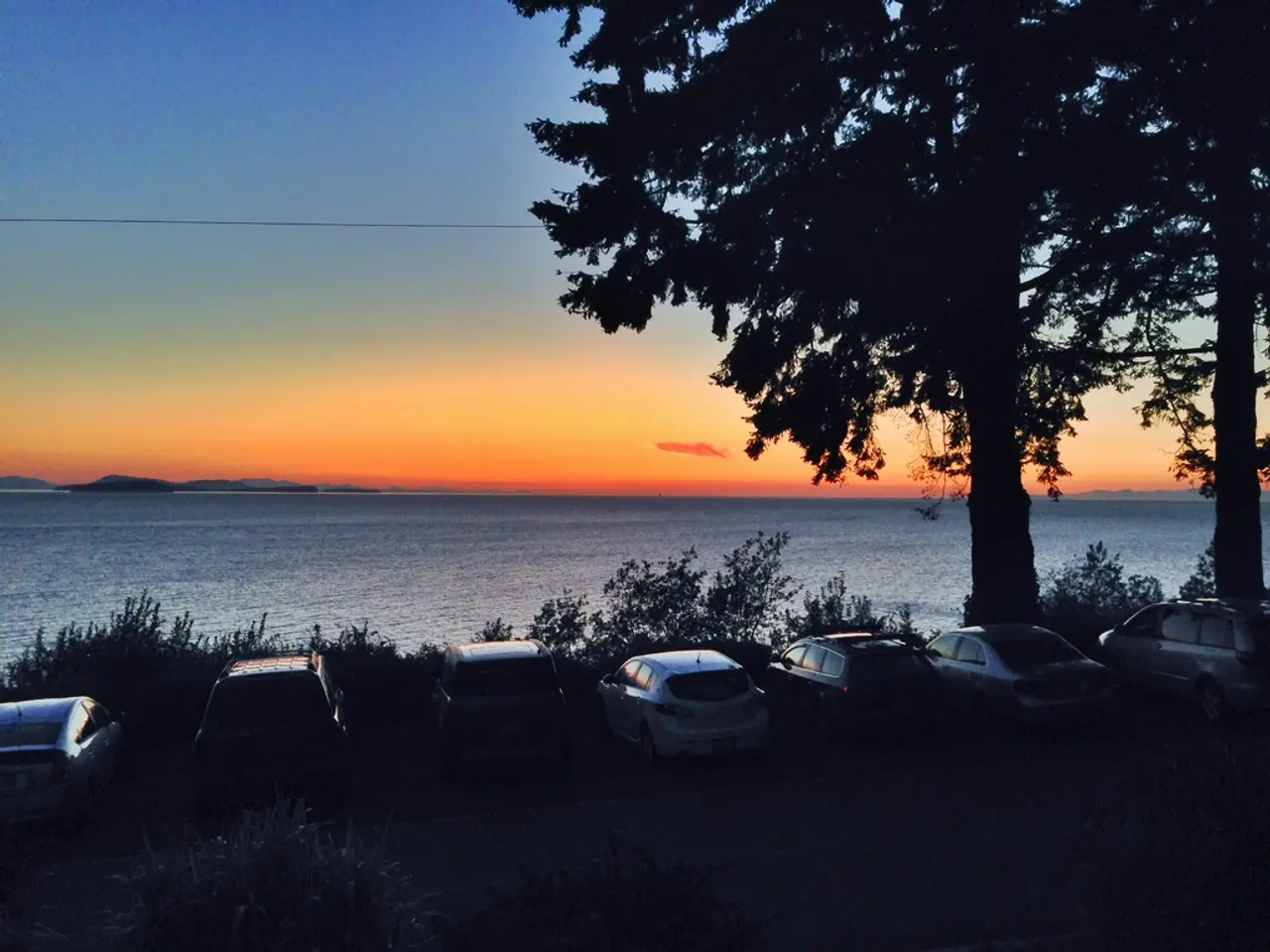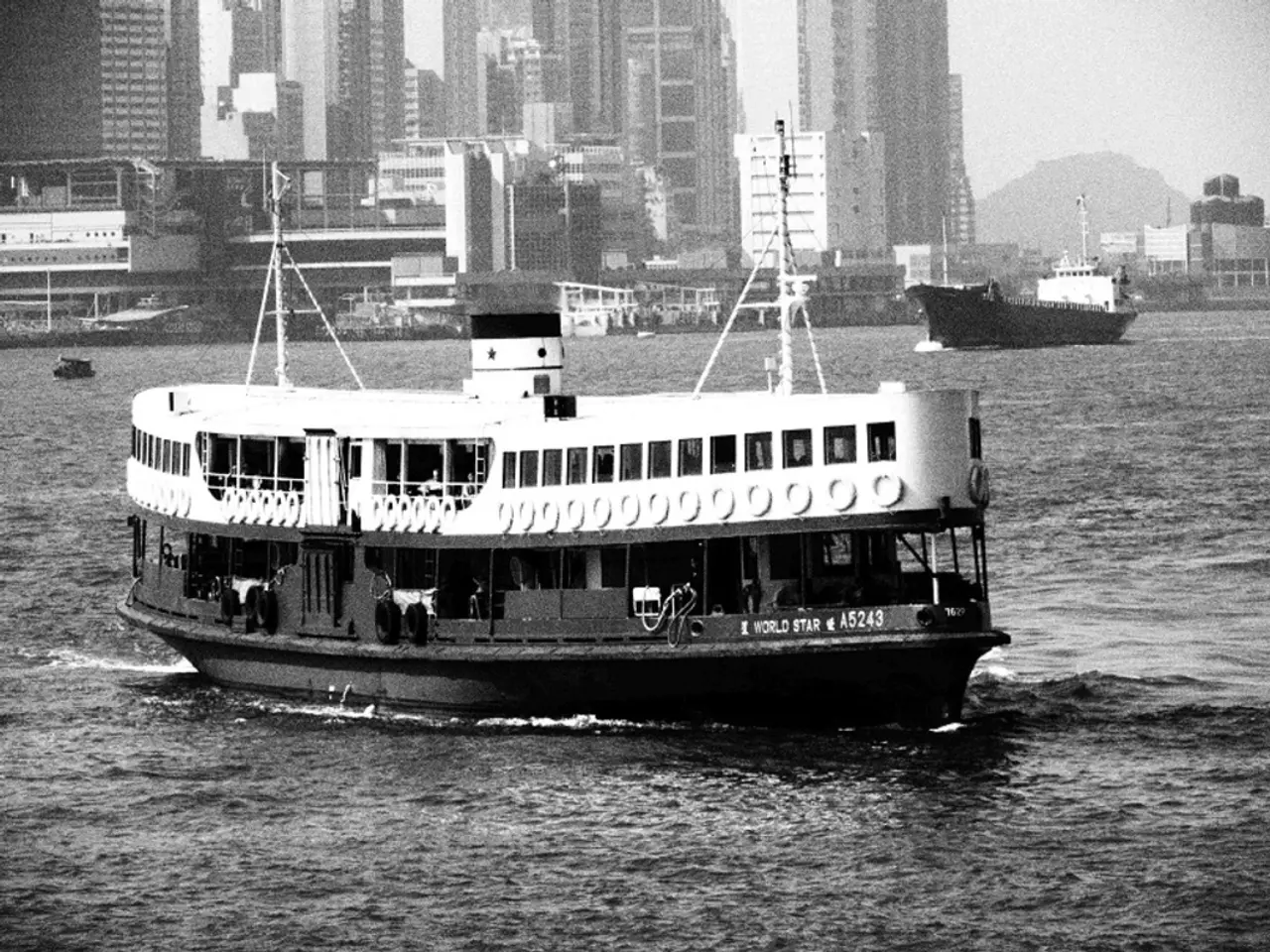Prepare for imminent severe weather conditions in the Azores
In the heart of the Atlantic, the Azores archipelago is facing a new reality as hurricanes and tropical cyclones become increasingly common in the region. Despite being somewhat protected by its geographical location, the Azores serves as a transit zone for major storms, which have been hitting the islands with greater intensity in recent years.
Ricardo Deus, the head of the Climate and Climate Change division at the Portuguese Institute of the Sea and Atmosphere (IPMA), spoke about these concerns on the sidelines of the international conference "Weather, Climate, and the Economy." He warned that in a context of global warming, extreme events generated in the Atlantic could gain more strength and intensity.
One such event was Hurricane Lorenzo in 2019, which became the first Category V hurricane to reach the region so far east and north. Although it didn't reach the Azores as a Category V hurricane, it caused significant damage estimated at 330 million euros, including the destruction of the only commercial port on the island of Flores.
However, Deus noted that the Azoreans are better prepared for these phenomena, and the infrastructure is relatively ready. The Azores, despite being somewhat protected from many extreme events, are a transit zone for major storms.
To address this, Portugal's national climate adaptation plans acknowledge increased risks from storms, flooding, heatwaves, and coastal erosion. Proposed infrastructure changes include strengthening coastal defenses to counteract sea-level rise and storm surge impacts, improving water resource management to address altered precipitation and aquifer recharge patterns, and enhancing emergency response systems for extreme weather events.
These changes are aligned with Portugal's broader climate adaptation framework, aimed at reducing storm damage vulnerability in the Azores. The future installation of the Atlantic Climate Observatory on Terceira Island will also enhance monitoring capabilities, providing more precise climate observation and early warning data.
Filipe Duarte Santos, the president of the National Council for the Environment and Sustainable Development, argued that "what's needed is better warning systems" so that "people know when a storm is approaching and can take action." With the documented trend of storm intensification events near the Azores, continued improvements in monitoring and infrastructure are critical to prepare for the forecasted increases in storm frequency and severity linked to global warming in the region.
Despite the challenges, Deus emphasized that the Azores are the region in Portugal "best prepared" to face hurricanes and tropical cyclones. The Azoreans are ready to face the future with resilience and determination.
- Ricardo Deus, during the international conference "Weather, Climate, and the Economy," expressed concerns about the potential increase in strength and intensity of extreme events generated in the Atlantic, particularly those affecting the Azores, given the context of global warming.
- Filipe Duarte Santos, the president of the National Council for the Environment and Sustainable Development, stressed the importance of improving warning systems in the Azores, ensuring that people can take timely action when a storm is approaching.
- Portugal's national climate adaptation plans include infrastructure changes in the Azores aimed at addressing increased risks from storms, flooding, heatwaves, and coastal erosion, such as strengthening coastal defenses, improving water resource management, and enhancing emergency response systems for extreme weather events.







